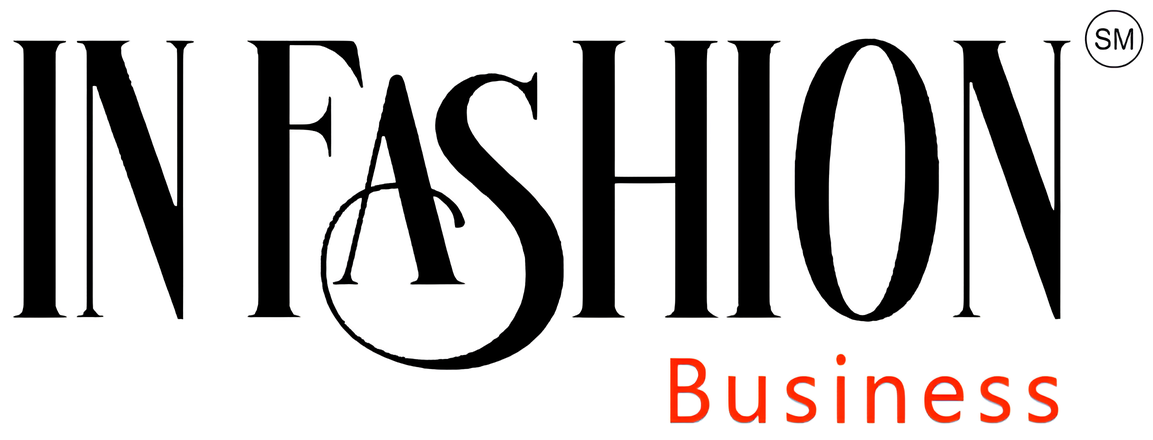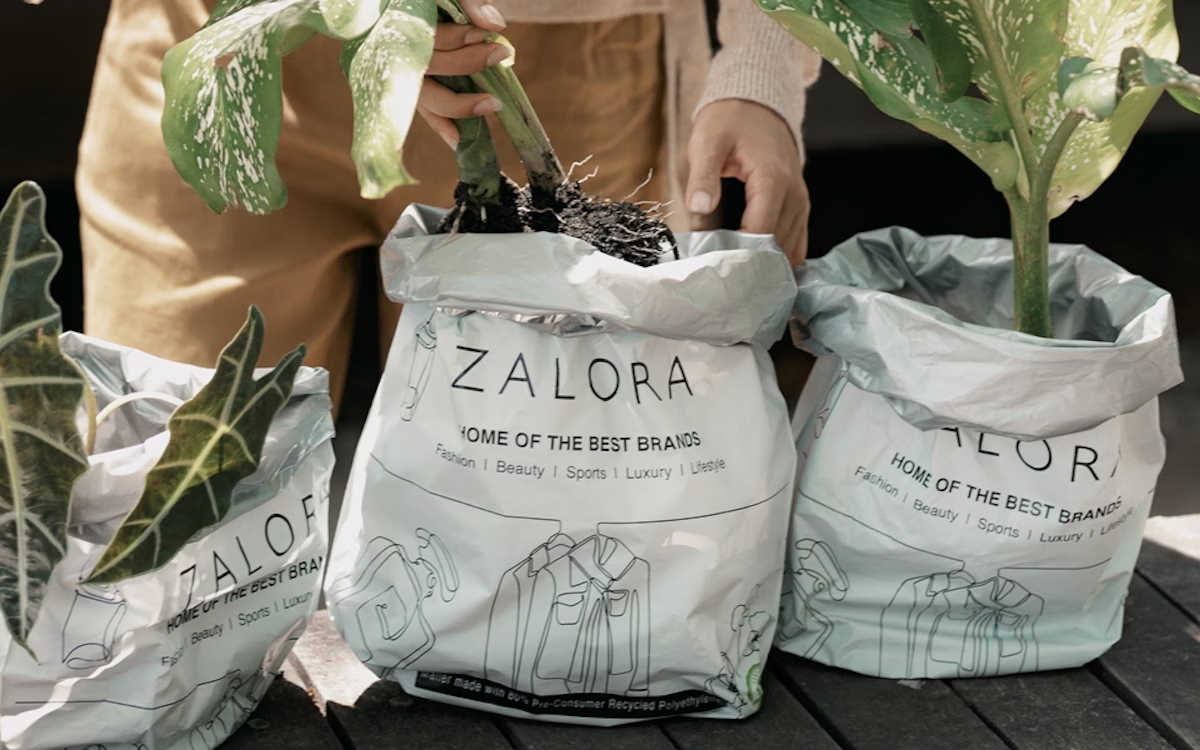SUSTAINABILITY GLOBAL
By IFAB MEDIA - NEWS BUREAU - May 2, 2023 | 194 6 minutes read
Zalora, one of Asia’s leading fashion and lifestyle e-commerce platform and part of Global Fashion Group (GFG), announced a 33 per cent reduction in its overall carbon footprint in 2022, relative to its 2019 baseline.
This comes alongside a series of other achievements across key areas of impact:
A-Offset of Zalora’s electricity consumption for 2022 with renewable energy certificates.
B-Delivery of over 180,000 Zalora parcels across the region through low-carbon logistics, and expansion of low-emission methods to provide ‘Same Day Green Delivery’.
C-5,655kg of waste collected and donations sorted, and a total of 392 hours of community engagement across 100 employees in four Zalora markets for the Q1 of 2023 – contributing to GFG’s wider goal of spending 20,000 employee hours on community engagement by 2030. Zalora’s community partners include World Cleanup Day Indonesia, Save Philippine Seas, National Environment Agency (Singapore), and The Salvation Army (Malaysia).
D-9 per cent growth in assortment share of low-impact products on Zalora’s platform in 2022 from the previous year. Currently, Zalora carries over 160,000 items under its Earth Edit category.
E-Over the last year, Zalora has also made strides in transitioning to lower impact materials in its operations and packaging by using 80 per cent recycled plastic in mailers, 100 per cent FSC-certified boxes, and replacing bubble wrap with 100 per cent FSC-certified honeycomb and paper fillers.
Gunjan Soni, CEO Zalora and COO, GFG said: “In line with GFG’s global sustainability strategy, we established Zalora’s sustainability strategy in 2020, and we’ve been encouraged by the deepening impact of our initiatives across Southeast Asia’s fashion ecosystem, particularly in helping customers make more sustainable fashion choices. The progress we are making to date is a testament to our unique position as Asia’s leading fashion and lifestyle e-commerce platform in helping build a better, more sustainable future.”
Zalora’s sustainability initiatives are part of GFG’s 2030 sustainability strategy, which is operationalised through three strategic pillars: (a) Climate Action, (b) Circularity & Conscious Consumption, and (c) Fair & Ethical Sourcing. GFG published its People & Planet Positive Report earlier this month, highlighting the Group’s achievements in delivering its sustainability strategy in 2022:
Climate Action
To advance Climate Action, GFG increased its Net Merchandise Value (NMV) from products made of majority sustainable materials or by using lower impact production methods to 14 per cent in 2022. GFG s also maintained 100 per cent green energy sourcing (in place since 2020) and delivered 1.2 million parcels by no or low emissions methods for the last mile. Further, as a result of the Group’s efforts to drive carbon reduction, GFG reduced its by 29 per cent compared to 2019, growing its business by 49 per cent in the same period.
GFG continues its climate reduction program and has set the following targets for 2030:
A-60 per cent of Group NMV to come from products made using majority sustainable materials or using lower impact production methods.
B-85 per cent own-brand products made from environmentally preferred materials.
C-50 per cent of GFG parcels to be delivered by low emission methods.
Circularity & Conscious Consumption
Accelerating its commitment to Circularity & Conscious Consumption, GFG surpassed its 2030 goal to divert 90 per cent of waste from landfills, achieving a 91 per cent diversion rate in 2022, with 75 per cent of waste recycled. The company expanded its sustainable packaging program to include all directly purchased and own-brand packaging, resulting in 82 per cent of packaging made from lower impact materials in 2022. Additionally, 47 per cent of units sold had a take-back solution, mainly in the ANZ business.
To continue driving a circular fashion ecosystem and enabling and educating customers to manage their impact by, by 2030 GFG will ensure:
A-40 per cent of NMV in the fashion assortment will come from circular products for example, recycled or preloved.
B-Take back solutions will be provided for 50 per cent of sold products.
Fair & Ethical Sourcing
In Fair & Ethical Sourcing, GFG remains committed to ensuring decent working conditions and human rights exist throughout its supply chain. 100 per cent of our factories list are available via Open Supply Hub and to date we have rolled out independent grievance mechanisms to 14 per cent of workers in our Tier 1/2 supplier factories. In addition, we have piloted a living wage assessment framework and trained 1880 workers in relation to ethical trade. By 2030:
A-100 per cent of brands on GFG’s platforms will be meeting GFG’s human rights standards
B-Living wage assessments will have been conducted for 100 per cent of own-brand factories
C-100 per cent of Tier 1 workers in supplier factories will have access to an independent grievance mechanism
Jaana Quintance James, Chief Sustainability Officer at GFG said: “GFG’s sustainability agenda has always been driven by the moral imperative to transform the fashion industry in GFG’s markets and a commitment to drive supply of, and demand for, more sustainable fashion. We introduced GFG’s 2030 sustainability strategy and a suite of new targets in 2022, and our hard work to influence the ecosystem in our markets remains very much in motion. We’re proud of our achievements to date, and continue to execute against our strategy and 2030 targets, taking our responsibility as a global fashion e-commerce business to help build a better and more sustainable future, very seriously.”









